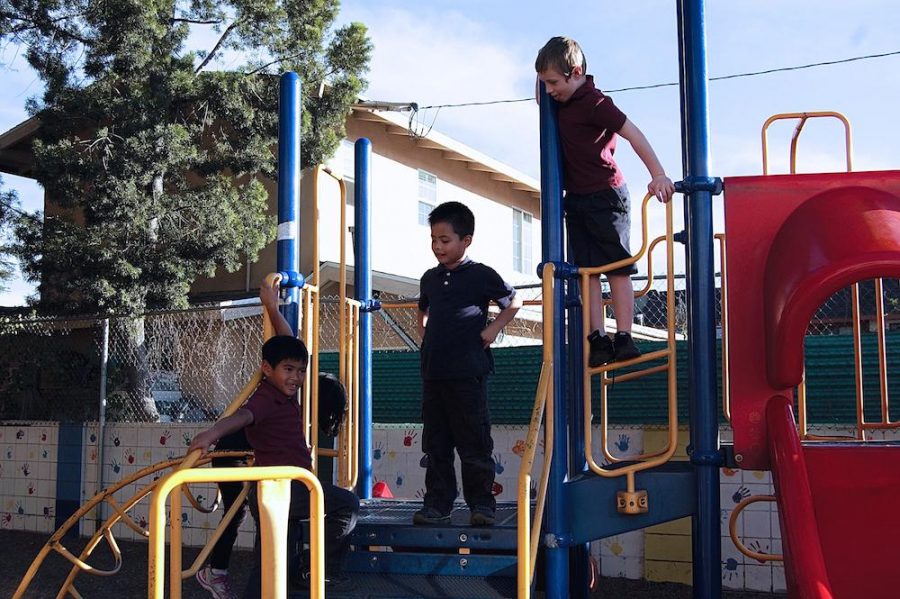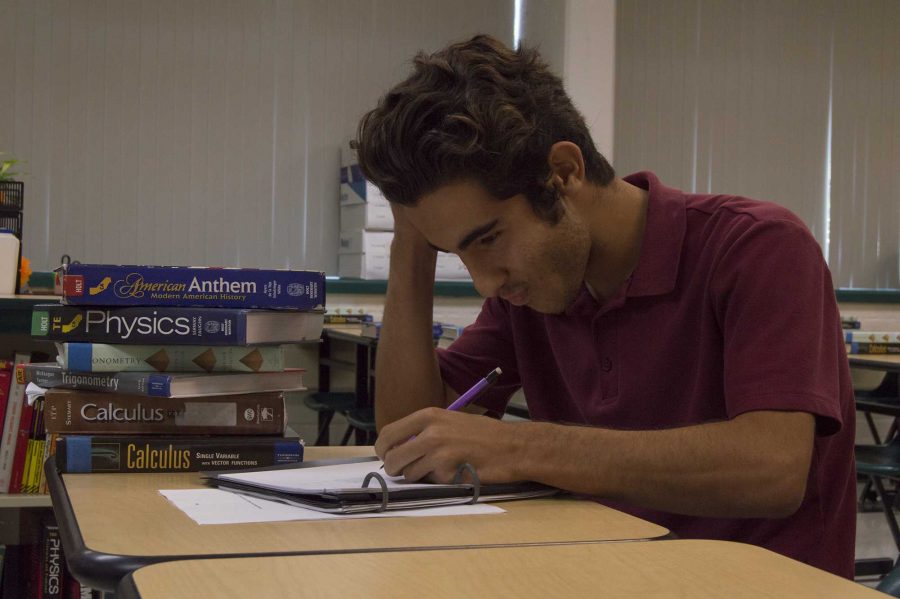(March 2, 2005) — The bell has rung, signaling the end of snack, and freshman Julia Song walks casually to her health class. Today is not like other days though, where she sits down awaiting the discussion about eating healthy or watching Super Size Me . Today is the day that health teacher Chris Axelgard starts the new unit in health: sex education. “I’m glad that we’re starting this new unit because I think it’s good to educate teenagers before they do anything,” she said. Senior Eusebio Takeda agrees, because he feels that in this day and age, teenagers need to learn these lessons. “On any given day you might see on the news another teenage mom abandoning her unwanted child in a dumpster. It’s just sickening to see things like that happening. We as teenagers need to learn the consequences, whether they be positive or negative, of every action that we take.” The Glendale Unified School District’s course outline on sexual education states that all sex education courses will “emphasize that abstinence from sexual intercourse is the only protection that is 100% effective against unwanted teenage pregnancy, sexually transmitted diseases and acquired deficiency syndrome (AIDS) when transmitted sexually.” Yet health and physical education teacher Randy Tiffany said he knows that there will always be individuals who decide to have sex. “The way we teach it at Clark, we try to cover everything from abstinence to birth control to protection to STDs, HIV and AIDS,” said Tiffany. A state mandate also requires Clark and other GUSD schools to cover homosexuality and a new law allowing any new mothers to leave their newborn babies safely in fire stations and hospitals. “Even though we try our best to show our students the consequences, we have to present them with all the facts and all the options so they can make informed decisions on their own. Hopefully, they’ll make the right choices,” said Tiffany. A new health textbook will be implemented for every school in the state next year and sexual education will be discussed only in terms of abstinence. However, Glendale Unified School District Assistant Superintendent of Educational Services Greg A. Franklin said the California Education Code also requires the districts to teach about other methods of protection and birth control. “We have to teach two things: first, abstinence is the only 100% way to avoid pregnancy and sexually transmitted diseases, and second, teach the other methods of protection and their reliability rates.” According to Franklin, the district has also adopted a curriculum published by the Red Cross in order to be able to be in line with the state standards and the education code. “We have adopted [the Red Cross publication] in the past and we will continue to use it.” Franklin said that sex education would not change much, except for a new textbook, so students will not notice any changes in the way it is taught. “The health teachers in the district recommended the new textbook and their recommendation was very important in the selection of it,” said Franklin. Takeda and senior Shant Saiyan both agree that all types of protection and abstinence should be discussed in the sex education course. “It doesn’t matter if a new textbook is going to be used, as long as everything is discussed. Students have to be fully informed about this important aspect of life,” said Saiyan. Tiffany said he understands that students are not always going to pay attention to constant lectures, worksheets and assignments from the current health textbook, so he shows his students various videos and PowerPoint presentations dealing with all aspects of sex. Although he has not done so recently, he used to bring in outside speakers to his classes to talk to the students about HIV and AIDS. Takeda did not have Tiffany for health in his freshman year, so he did not see many videos and PowerPoint presentations, but he knows that the message that his health teacher, Judy Sanzo, tried to get across to everyone did get across. “When I look back I realize everything that she said stayed in my mind,” he said. Song said that the students who decide to practice abstinence decide to do so before they even take the class. “At least those students who aren’t convinced to remain abstinent will at least learn to use protection,” she said. Sophomore Omar Bonilla knows that those students who don’t learn the facts in class will probably never learn them at all. “I was fortunate to learn about it from my parents, but there are other students who will only learn the rumors and not the facts, and those same students will be the same ones who make the uninformed decisions.” “Not all parents are courageous enough to tackle the subject of sex with their children,” said Tiffany, “If they don’t learn about it in schools, they’ll probably learn about it online or on the streets.” Despite learning about sex from his parents, Bonilla still feels he benefited from having sex education. “I knew most of what was taught, but I still picked up a few things.” “[Sex education] classes make a difference in making a decision. Teen pregnancies have been reduced over the last decade due to sex education. As long as everyone is constantly updated with new information, then all students will be able to make informed decisions about their lives,” said Tiffany.
Categories:
Sex 101
April 9, 2009
More to Discover








